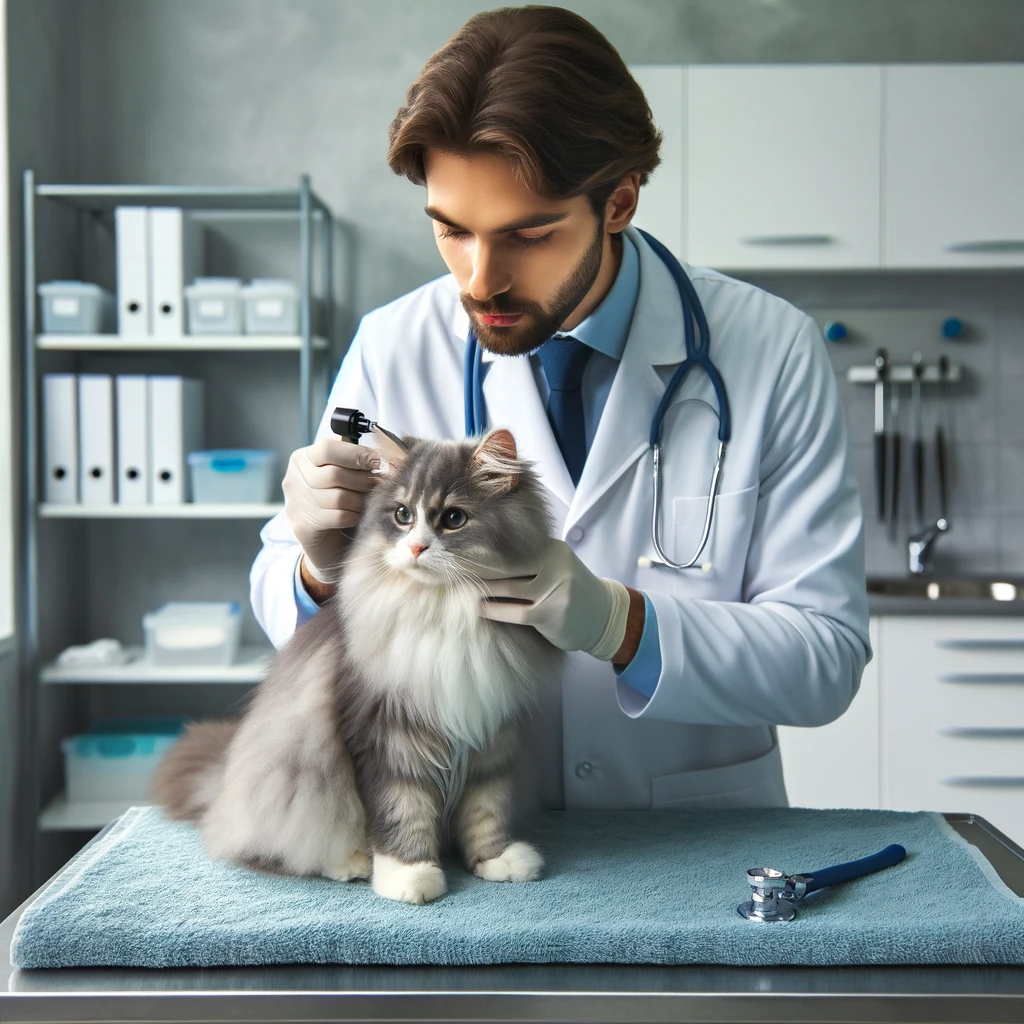Comprehensive Guide to Cat Ear Infection Treatment
Ear infections in cats can be a significant concern for pet owners, often leading to discomfort and distress for our feline friends. Understanding the proper approach to treating these infections, recognizing symptoms, and knowing when to consult your veterinarian are crucial steps in ensuring your cat's health and well-being.

Understanding Cat Ear Infections
Symptoms and Causes
Cat ear infections, medically known as otitis, can be caused by a variety of factors including bacteria, yeast, ear mites, and allergies. Symptoms often include scratching at the ears, head shaking, odor, redness, and discharge. Recognizing these signs early can lead to a quicker diagnosis and treatment.
The Importance of Veterinary Diagnosis
Before starting any treatment, it's essential to have a proper diagnosis from a veterinarian. They will examine your cat's ears and may perform tests to identify the specific cause of the infection. This step is crucial as it determines the appropriate treatment plan, which may include medicated ear drops, ointment, or even oral medication.
Treatment Options for Cat Ear Infections
Medicated Ear Drops and Ointments
Upon diagnosis, your vet may prescribe medicated ear drops or ointments designed to fight the infection. Products containing hydrocortisone aceponate miconazole or other antimicrobials are commonly used due to their effectiveness against bacteria and yeast. For more information on medicated treatments, Mooresville Animal Hospital offers great insights.
Ear Cleaning Solutions
A critical part of treating ear infections is the cleaning process. Using a recommended dog & cat ear wash can help remove debris and prepare the ear for medication. It's vital to use products designed specifically for cats, as their ears are more sensitive than dogs'.
Natural Remedies and Preventative Care
For pet owners interested in natural options, certain products offer a natural remedy for ear infections without harsh chemicals. These can be particularly useful for maintenance and prevention, alongside regular ear cleaning routines to keep infections at bay.

Advanced Care and Monitoring
Post-Treatment Care
After administering the initial treatment, monitoring your cat's response is vital. Observe for any signs of improvement or adverse reactions. If symptoms persist or worsen, a follow-up visit to the vet may be necessary to adjust the treatment plan. WebMD's guide on ear infections in cats provides additional information on what to expect during and after treatment.
Long-Term Health Strategies
Maintaining your cat's ear health involves regular check-ups and possibly lifestyle adjustments. For cats prone to chronic infections, your vet might suggest dietary changes, supplements, or environmental modifications to reduce the risk of recurrence. For an in-depth look into ear infections, including otitis interna, VCA Animal Hospitals provides extensive resources.
Frequently Asked Questions
Q1: How often should I clean my cat's ears?
A1: The frequency of ear cleaning depends on your cat's health, lifestyle, and risk of infections. Consult with your vet for a tailored cleaning schedule.
Q2: Can I use home remedies for cat ear infections?
A2: While some home remedies can be safe, it's essential to consult with your veterinarian before trying any home treatment. Incorrect or inappropriate treatment can worsen the infection.
Q3: How can I prevent cat ear infections?
A3: Regular cleaning, monitoring for early signs of discomfort, and consulting with your vet for routine check-ups can significantly reduce the risk of ear infections.
Conclusion
Treating cat ear infections requires a careful and informed approach. With the right diagnosis, treatment plan, and preventive measures, you can ensure your cat remains comfortable and healthy. Remember, early intervention is key to preventing complications, so do not hesitate to consult your veterinarian at the first sign of an ear problem. For more detailed information on treating cat ear infections and understanding their causes, comprehensive resources are available from VCA Animal Hospitals and WebMD.





Comments